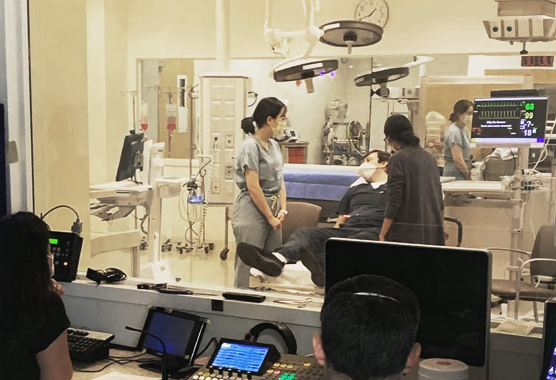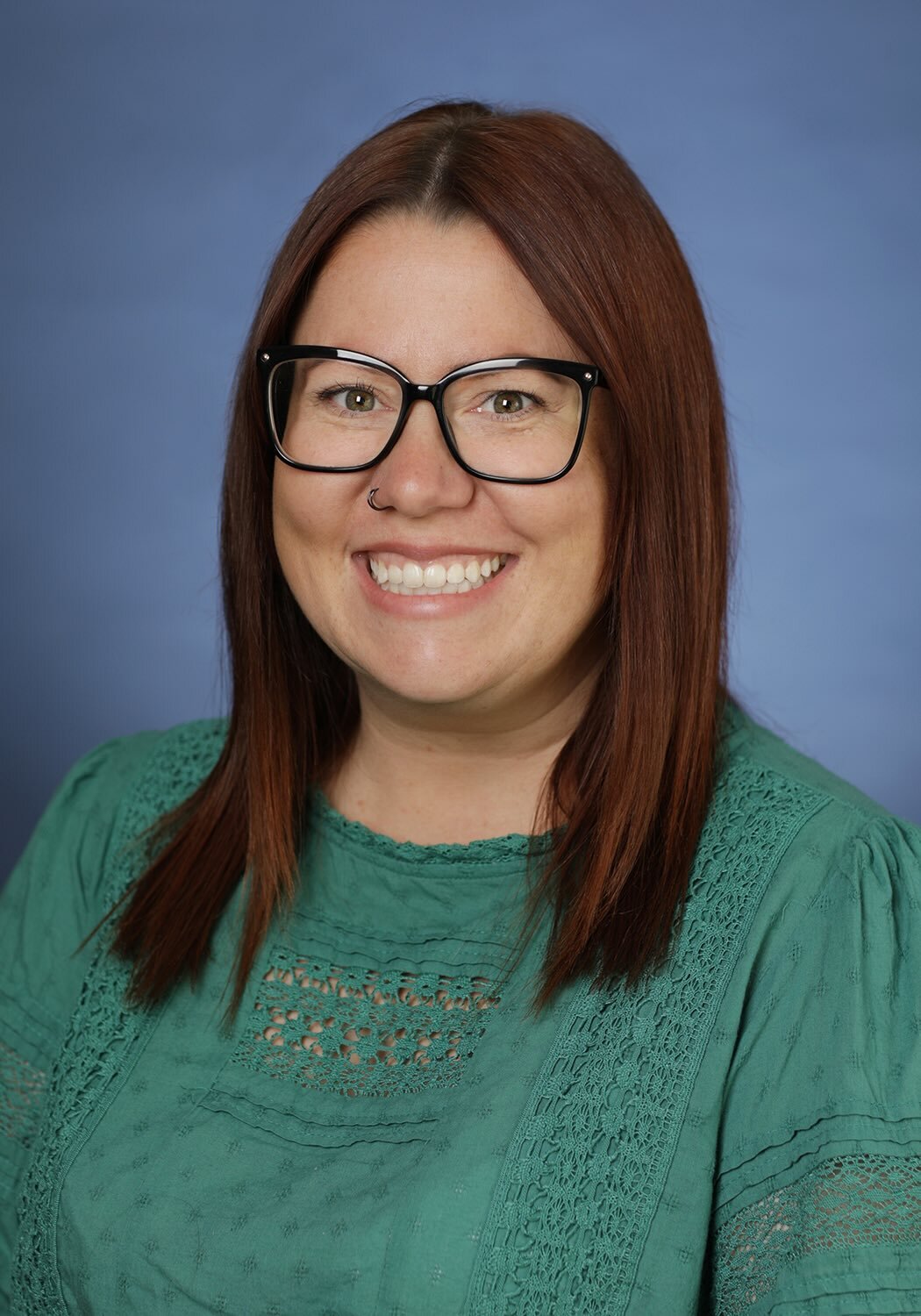The Neurovascular fellowship program offers comprehensive training designed to develop expertise in the diagnosis, management, and prevention of cerebrovascular neurologic disorders for a diverse population. The fellow will accomplish this by rotating on multiple subspecialty services—inpatient Stroke service, Neuroradiology, Neurocritical care, Neuroradiology and Neurointerventional Radiology, Neurorehabilitation (inpatient and outpatient)—and be familiar with all related aspects of patient care. The overall fellowship goal is to provide trainees with the knowledge and skills required to:
- Provide high-quality cutting-edge care and assessment for patients with cerebrovascular disease in multiple clinical settings (outpatient, emergency, inpatient). Formalized training will involve diagnostic evaluation, management, treatment, and formation of preventative strategies for stroke care.
- Deliver effective care in a successful interdisciplinary environment working alongside numerous disciplines.
- Manage acute and critically ill neurologic patients with ischemic and hemorrhagic stroke (intraparenchymal, subdural, subarachnoid) from a myriad of causative mechanisms, and related complications (I.e. seizure, herniation syndromes, malignancy).
- Select appropriate diagnostic testing and successfully interpret results when caring for patients with neurovascular disorders.
- Assimilate contemporary evidence-base to improve stroke management and life-long learning.
- Develop careers and become leaders in academic medicine and cerebrovascular neurology.
Conferences:
- Neurovascular Multidisciplinary Case Conference
- Stroke Journal Club
- Neuroradiology Case Conference
- Neurology Department Grand Rounds
- Stroke Basic Science Journal Club
- Neurologic Residency-Neurovascular Noon Conference
- Stroke Faculty Research Group Meeting
Clinical Rotations: Goals and Objectives
Stroke Service: The fellow will participate in a minimum of 6 months on the inpatient primary Stroke Service providing acute, emergency, and critical neurological care for patients with cerebrovascular disorders. The fellow is expected to become proficient in managing all aspects of clinical care related to inpatient stroke medicine. The Service cares for and provides consultation throughout UC Davis for patients with acute ischemic stroke, hemorrhagic stroke (intraparenchymal, subarachnoid) and provides teleneurology services for affiliate centers. Additional key goals and objectives while serving as the clinical Stroke fellow are:
- Participate in daily clinical rounds by serving as a primary care provider overseeing all patient care activities throughout an individual’s hospitalization for stroke
- Provide urgent attention for acute stroke activation throughout the University by supervising Neurology residents evaluating patients with possible acute stroke.
- Become proficient in delivering telestroke services to affiliate hospitals
- Become proficient with acute stroke management and decision-making:
- Acute Ischemic Stroke: intravenous and intraarterial thrombolysis; endovascular thrombectomy; antithrombotic treatment and preventative strategies
- Acute Hemorrhagic Stroke: medical and surgical treatment options
- Transient cerebral ischemic syndromes
- Become proficient in secondary stroke prevention strategies
- Become proficient at managing medical complications in patients with acute stroke (I.e. seizure, thrombotic disease, cardiopulmonary complications)
- Develop leadership and supervisor skills while managing the Stroke Service with residents and medical students
Neurocritical Care (NCC) Service: The fellow will spend 2 months on the NCC service (Monday-Friday). She/he will participate in daily rounds with the multidisciplinary team supervised by a neurointensivist. The NCC services cares for all patients with critical brain injury and includes but is not limited to: a) Stroke (ischemic and hemorrhagic), b) traumatic brain injury, c) status epilepticus, d) traumatic spinal cord injury. Primary goals and objectives while rotating on this service include:
- Become familiar with the general principles in managing all aspects of care for critically ill patients with brain injury (I.e. pulmonary complications, sepsis, systemic thrombosis, herniation syndromes, etc.)
- Become familiar with critical care procedures (I.e. central line placement, endotracheal intubation) as seen appropriate by the supervising neurointensivist.
- Recognize critical brain states that require urgent surgical attention
Neuroradiology: The fellow will spend 2-4 weeks in Neuroradiology working closely with board certified neuroradiologists. The key objectives for this experience include:
- Become proficient at interpreting stroke related imaging cranial CT, MRI, head/neck angiography (CT angiography, MR angiography), conventional cerebral angiography, transcranial ultrasound, carotid sonography
- Become familiar/proficient at interpreting spinal imaging in the context of spinal ischemic stroke, hemorrhage, or vascular malformation (MRI, MRA, CT, CTA).
- Describe the risks, benefits, and be familiar with costs of stroke related neuroimaging
- Develop differential diagnostic skills based on neuroimaging interpretation
Neurointerventional Radiology (NIR): The fellow will have an optional 2-week elective in NIR. This service provides diagnostic and therapeutic techniques for cerebrovascular disease using digital subtraction angiography (DSA; aka: conventional cerebral angiography). Common neurovascular conditions that incorporate NIR expertise include cerebral aneurysmal disease, acute large vessel intracranial occlusion, extra-cranial and intracranial arterial stenosis/thrombosis, cerebral and spinal vascular malformations. The goals and objectives include:
- Become familiar with conditions that that benefit from diagnostic and therapeutic DSA.
- Become proficient at interpreting cerebral angiography in patients with cerebrovascular disease. Become familiar with spinal angiography and interpretation.
- Know the risks and benefits of cerebral angiography
Neurorehabilitation: The fellow will spend 4 weeks on the inpatient Neurorehabilitation service. This service provides all aspects of rehabilitation care to patients with all forms of brain and spinal injury. Key goals and objectives for this rotation include:
- Learn the fundamentals of neurologic recovery, rehabilitation interventions, and neuronal plasticity and regeneration.
- Gain experience in working with an interdisciplinary rehabilitation team
- Become proficient in the management of rehabilitation issues following brain and spinal cord injury
Scheduled Clinical Responsibilities:
Inpatient Stroke Service: The Fellow will rotate a minimum of 6 months on the service.
- Team Rounds: (8- 12 pm). The fellow will serve as the junior attending supervised by the Vascular neurology attending. Afternoons following scheduled routine didactics are dedicated resident and fellow work-rounds (1- 5 pm).
- The Fellow will triage all stroke code activations within UC Davis (Emergency, and all inpatient wards) as screened and evaluated by the neurology resident during regular work hours (8- 5 pm)
- The Fellow will be on overnight stroke-call from 5 pm-8 am the following morning). She/he will continue regular ward service supervisory role as junior attending the following day. The fellow will take at-home-overnight call one night in 4 throughout each month they are rotating on The Stroke Service. During their call time throughout the day, and if on-call overnight, they will screen and triage telestroke consultation requests through the UC Davis Transfer Center.
- The Fellow will work approximately 1-2 weekend shifts monthly (both Saturdays and Sundays) while on the Stroke Service.




